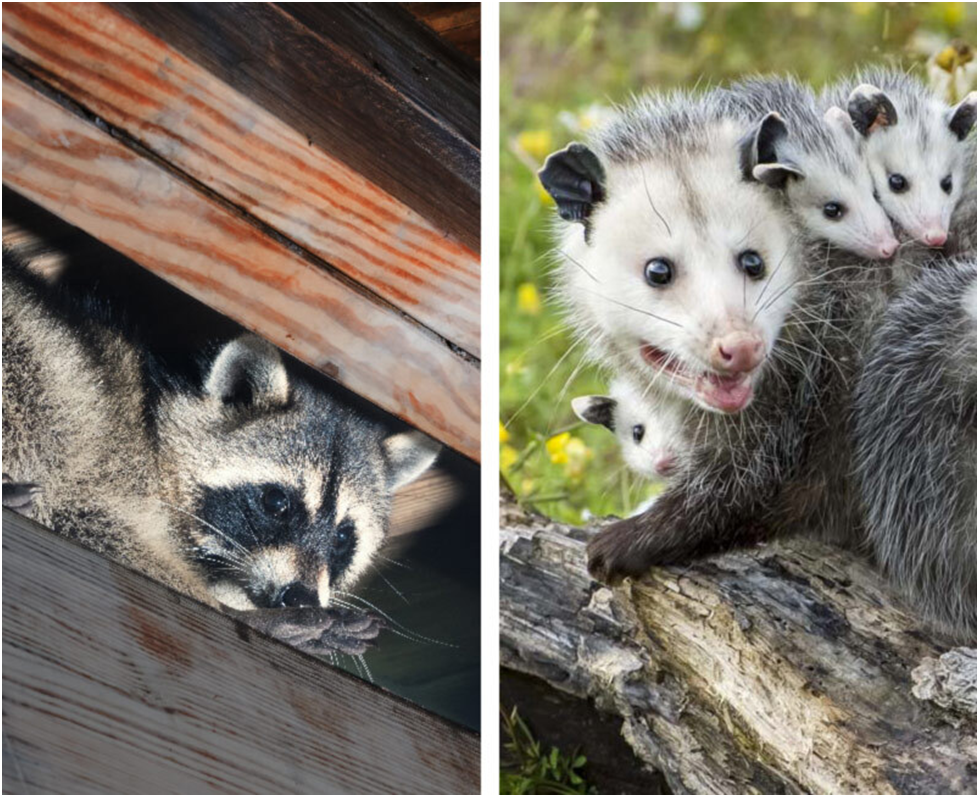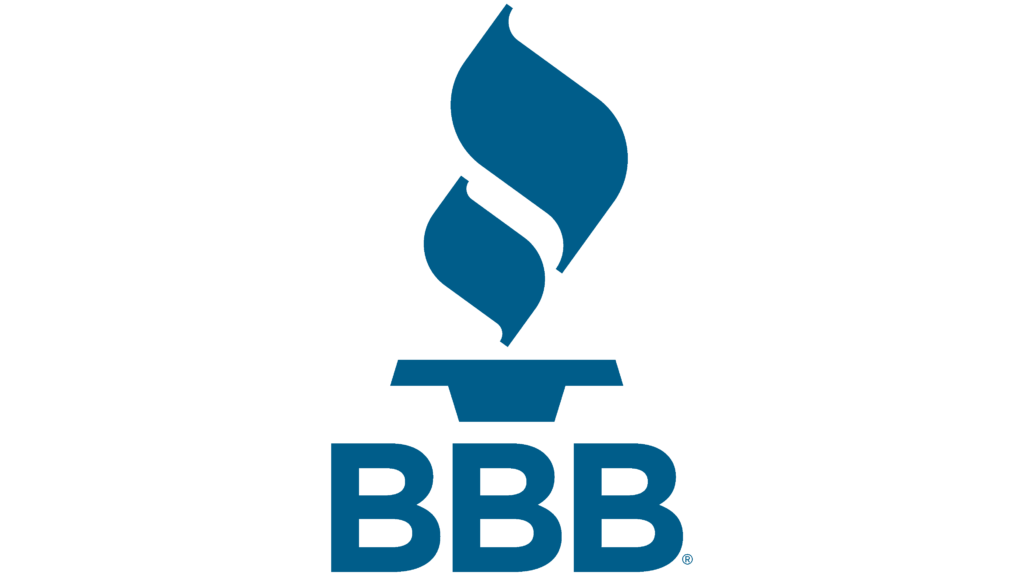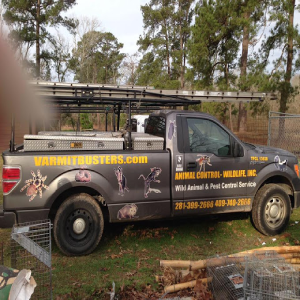Distinguishing Raccoons and Possums: A Visual Guide

Distinguishing Raccoons and Possums: N Houston Texas average raccoon lifespan is between two and three years. Opossums are famous for their “playing dead” While raccoons and opossums are often associated with rural areas, they can become nuisances in urban and suburban homes. Despite being frequently lumped together, these two animals have distinct characteristics in terms of appearance, diet, behavior, and habitats.
Spot the Difference: Key Physical Traits
One of the simplest ways to differentiate between raccoons and opossums is through their physical appearance:
- Raccoons are easily recognizable by their distinctive black “mask” around their eyes and bushy tails with alternating black and gray rings. They have grayish-brown fur and dexterous paws reminiscent of human hands, which aid them in scavenging for food.
- Opossums, in contrast, have light-colored faces and white to gray fur covering their bodies. Pink, pointed noses complement their black eyes, and they possess thin, scaly tails, unlike the bushy ones of raccoons. Sharp claws enable opossums to climb trees and dig for food.
In terms of size, adult opossums typically reach about 2.5 feet in length, while raccoons can exceed 3 feet, with nearly half their length attributed to their long tails. Raccoons generally weigh between 7 and 35 pounds, whereas opossums usually weigh around 10 pounds. In both species, males tend to be larger than females.
Key Points:
- Raccoons have black masks and ringed tails.
- Opossums have light faces, white/gray fur, and scaly tails.
- Raccoons are generally larger and heavier than opossums.
Remember:
- Understanding the physical differences between raccoons and opossums is crucial. It can help you identify them and take appropriate action if you encounter them near your home. Remember, these animals can pose potential risks, so caution and awareness are key.
- If you need clarification on the type of animal you’re dealing with, it’s always best to contact a professional wildlife control service in North Houston for assistance.
Here are 10 fascinating facts about raccoons and opossums that many people might not know:
Raccoons
Dexterous Paws: Raccoons can live to be 16 years old, but the average raccoon lifespan is between two and three years.
- have incredibly nimble paws with five fingers, almost like miniature human hands. This allows them to open jars, unlatch gates, and even turn doorknobs!
- “Washing” Behavior: Raccoons are often seen “washing” their food in water. While it looks like they’re cleaning it, they’re actually feeling for food in the water or softening it up for easier consumption.
- Keen Problem Solvers: Raccoons are highly intelligent and resourceful. They can remember solutions to complex problems for up to three years!
- Vocal Communicators: Raccoons have a wide range of vocalizations to communicate with each other. They can hiss, growl, purr, and even make chirping sounds.
- Excellent Climbers: Raccoons are agile climbers thanks to their sharp claws and strong hind legs. They can easily scale trees, fences, and even buildings.
Opossums
- “Playing Possum”: Opossums are famous for their “playing dead” defense mechanism. When threatened, they can enter a catatonic state, complete with drooling and a foul odor, to deter predators.
- Immune to Many Venoms: Opossums are resistant to the venom of many snakes, including rattlesnakes and copperheads. This is due to a protein in their blood that neutralizes the venom.
- Natural Tick Control: Opossums are voracious tick eaters, consuming thousands of these disease-carrying parasites each season. They play a vital role in controlling tick populations.
- Ancient Lineage: Opossums are the only marsupial (pouched mammal) native to North America. They have been around for over 70 million years, making them living fossils!
- Prehensile Tails: Opossums have prehensile tails, meaning they can use them to grasp and hold onto branches while climbing. This gives them an extra advantage in navigating their arboreal habitat.
Free Consultation
* Indicates required questions

Click here to leave us a review on Google.


